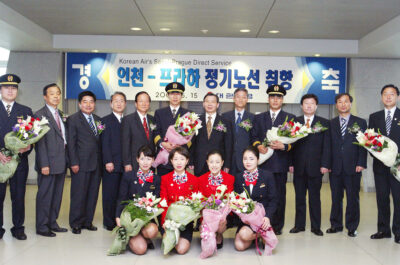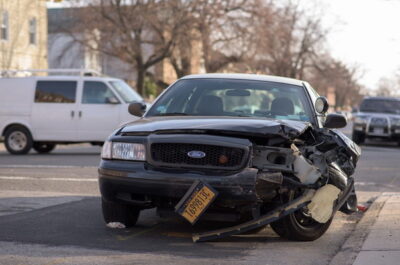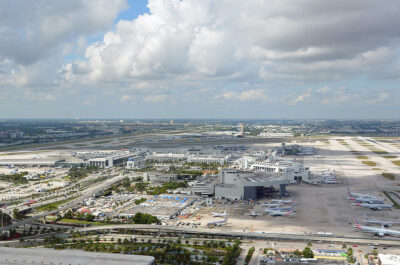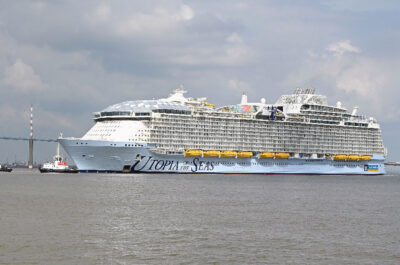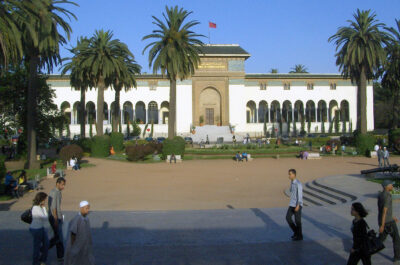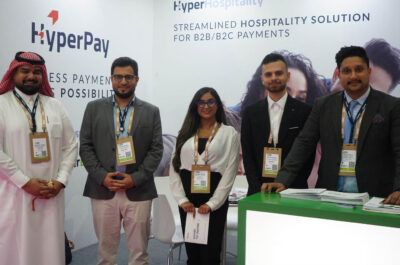The EU signed an agreement with the USA, Japan and China to address air pollution from transport. Signed during a conference in Milan, the accord will allow for joint research on emissions and vehicle testing, and it foresees the creation of a common scientific platform to measure and benchmark air pollution from traffic. The joint effort will offer scientific support for the forthcoming international emission requirements for transport, and a basis for the next European standards for passenger cars and Light-Duty Vehicles (EURO V). In Milan, regulatory bodies, industrial stakeholders and scientists from all over the world are meeting to discuss emission measurement and testing systems, emission standards, their effects on human health, and new fuels, engines and after-treatment technologies.
Air pollution affects everyone on the planet. With the ever-increasing use of automobiles, the problem requires innovative solutions, which can help protect human health and the environment, and, at the same time, boost industry`s competitiveness, says European Research Commissioner Philippe Busquin. We have to set emission standards but we also have to monitor their implementation, study the effects of emissions on human health and the environment, develop new applications to make car engines cleaner and help the sector face this challenge and win it. More research is needed to achieve this goal, and today`s agreement will feed into the process by bringing together key players in this field.
Cleaning up
The European Commission is preparing Directives to establish exhaust limits for passenger cars and light-duty vehicles (EURO V) and for heavy-duty vehicles (EURO VI). Its Clean Air For Europe (CAFE) programme is the framework for future air quality legislation and related policy initiatives. CAFE has already identified high levels of air pollutants, such as particulate matter (PM) and ozone, as transport-related problems that need to be addressed. Other toxic components from vehicle exhaust fumes are likely to be included in future European legislation.
Impact all areas
The Commission`s JRC provides expertise on the preparation of a sound scientific background for vehicle emission and air quality legislation. Emissions research is, for instance, carried out at the Vehicle Emission Laboratories (VELA) in Ispra. EU laboratories are able to characterise emissions from all types of on-road and non-road vehicles from a physical-chemical and toxicological point of view. They can also seek to steer local, regional and national policy measures to improve air quality in metropolitan areas.
Research projects look into emissions
The following are research projects undertaken by the JRC:
- Fuel effects on emissions: The Commission`s JRC studies the effect that new fuels can have on vehicle emissions. Tests are performed using both different qualities of diesel fuel and additives that reduce particulate matter emissions.
- Non-road mobile machinery: The JRC has contributed to developing a new test cycle for non-road mobile machinery and is co-ordinating an UNECE working group to define the new protocol for the world-wide harmonised test cycle.
- Worldwide motorcycle test cycle: The JRC has carried out an extensive measurement campaign to develop new emission limits for motorbikes. Over 460 chassis dynamometer tests have been performed, followed by a successful international round robin test.
- Well-to-wheel analysis: The JRC has developed a well-to-wheel analysis tool in co-operation with the European car manufacturers (EUCAR) and fuel suppliers (Concawe) associations. This enables the comparison of the total carbon dioxide (CO2) emissions efficiency of passenger cars that use different conventional and non-conventional fuels.
Setting standards world-wide
A Memorandum of Understanding between the JRC, the US Environmental Protection Agency`s National Vehicle and Fuel Emissions Laboratory (EPA/NVFEL), Japan`s National Traffic Safety and Environment Laboratory (NTSEL) and State Environment Protection Administration (SEPA) in China will also be signed today. This results from extensive co-operation within the United Nations Economic Commission for Europe (UNECE GRPE) working group. It will enable scientific collaboration between recognised vehicle-testing laboratories, for the development and definition of future world-wide aligned emission standards. …
The EU signed an agreement with the USA, Japan and China to address air pollution from transport. Signed during a conference in Milan, the accord will allow for joint research on emissions and vehicle testing, and it foresees the creation of a common scientific platform to measure and benchmark air pollution from traffic. The joint effort will offer scientific support for the forthcoming international emission requirements for transport, and a basis for the next European standards for passenger cars and Light-Duty Vehicles (EURO V). In Milan, regulatory bodies, industrial stakeholders and scientists from all over the world are meeting to discuss emission measurement and testing systems, emission standards, their effects on human health, and new fuels, engines and after-treatment technologies.
Air pollution affects everyone on the planet. With the ever-increasing use of automobiles, the problem requires innovative solutions, which can help protect human health and the environment, and, at the same time, boost industry`s competitiveness, says European Research Commissioner Philippe Busquin. We have to set emission standards but we also have to monitor their implementation, study the effects of emissions on human health and the environment, develop new applications to make car engines cleaner and help the sector face this challenge and win it. More research is needed to achieve this goal, and today`s agreement will feed into the process by bringing together key players in this field.
Cleaning up
The European Commission is preparing Directives to establish exhaust limits for passenger cars and light-duty vehicles (EURO V) and for heavy-duty vehicles (EURO VI). Its Clean Air For Europe (CAFE) programme is the framework for future air quality legislation and related policy initiatives. CAFE has already identified high levels of air pollutants, such as particulate matter (PM) and ozone, as transport-related problems that need to be addressed. Other toxic components from vehicle exhaust fumes are likely to be included in future European legislation.
Impact all areas
The Commission`s JRC provides expertise on the preparation of a sound scientific background for vehicle emission and air quality legislation. Emissions research is, for instance, carried out at the Vehicle Emission Laboratories (VELA) in Ispra. EU laboratories are able to characterise emissions from all types of on-road and non-road vehicles from a physical-chemical and toxicological point of view. They can also seek to steer local, regional and national policy measures to improve air quality in metropolitan areas.
Research projects look into emissions
The following are research projects undertaken by the JRC:
- Fuel effects on emissions: The Commission`s JRC studies the effect that new fuels can have on vehicle emissions. Tests are performed using both different qualities of diesel fuel and additives that reduce particulate matter emissions.
- Non-road mobile machinery: The JRC has contributed to developing a new test cycle for non-road mobile machinery and is co-ordinating an UNECE working group to define the new protocol for the world-wide harmonised test cycle.
- Worldwide motorcycle test cycle: The JRC has carried out an extensive measurement campaign to develop new emission limits for motorbikes. Over 460 chassis dynamometer tests have been performed, followed by a successful international round robin test.
- Well-to-wheel analysis: The JRC has developed a well-to-wheel analysis tool in co-operation with the European car manufacturers (EUCAR) and fuel suppliers (Concawe) associations. This enables the comparison of the total carbon dioxide (CO2) emissions efficiency of passenger cars that use different conventional and non-conventional fuels.
Setting standards world-wide
A Memorandum of Understanding between the JRC, the US Environmental Protection Agency`s National Vehicle and Fuel Emissions Laboratory (EPA/NVFEL), Japan`s National Traffic Safety and Environment Laboratory (NTSEL) and State Environment Protection Administration (SEPA) in China will also be signed today. This results from extensive co-operation within the United Nations Economic Commission for Europe (UNECE GRPE) working group. It will enable scientific collaboration between recognised vehicle-testing laboratories, for the development and definition of future world-wide aligned emission standards.
Theodore is the Co-Founder and Managing Editor of TravelDailyNews Media Network; his responsibilities include business development and planning for TravelDailyNews long-term opportunities.






















